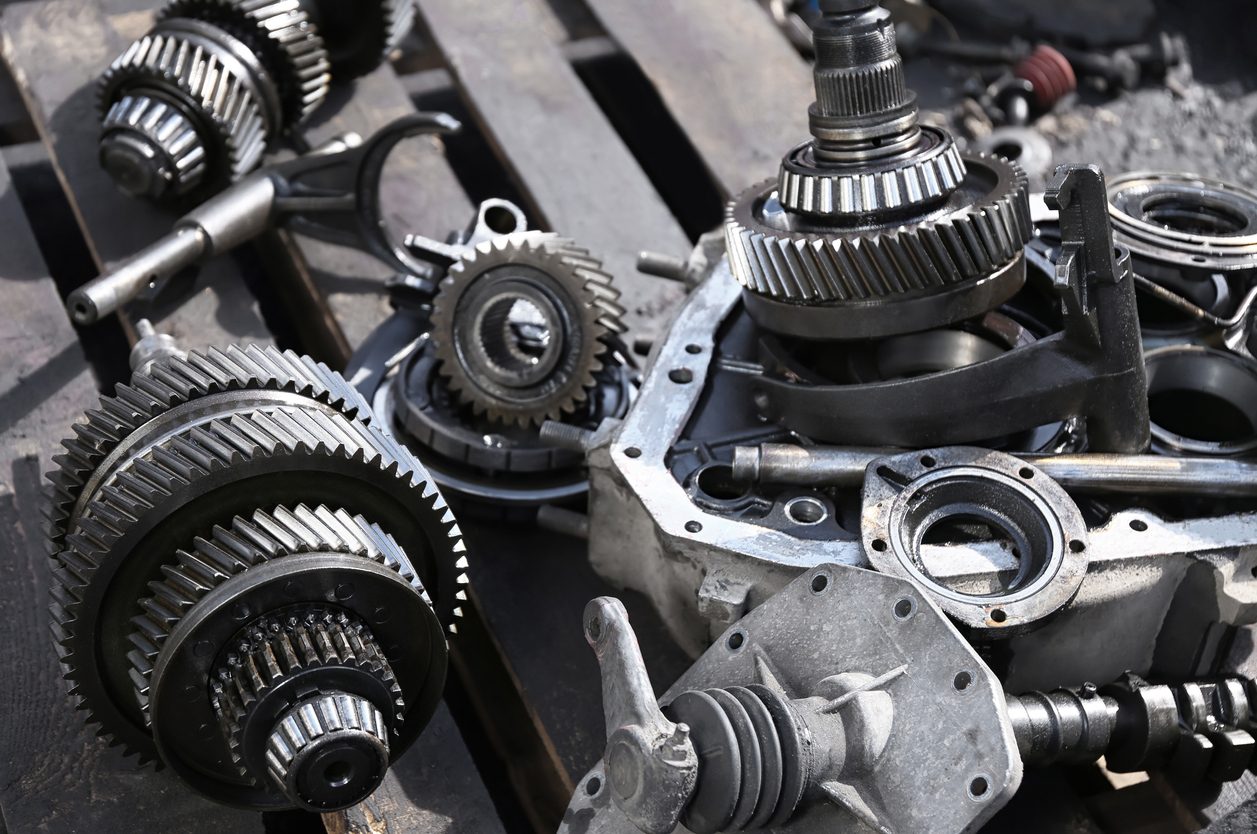
As the heartbeat of your car’s engine, the transmission is responsible for ensuring the proper amount of power is sent to your wheels to drive at a given speed. In other words, the transmission makes sure the engine spins at the right rate, to pull power from the engine to give to the wheels. So if your transmission begins to make noises, that’s an indication that something is wrong, and other problems may follow. If your transmission begins making noise, take it to a reputable transmission center ASAP. Small problems can often be fixed early on, to prevent them from turning into costly repairs.
Signs of Transmission Problems
Strange sounds in your vehicle can be an indication of a transmission problem. If you hear buzzing, whining, humming, or clunking noises, it is essential that you take your car in for transmission diagnostics as soon as possible. These sounds can indicate transmission failure. However, keep in mind that transmissions are made up of hundreds of parts, so knocking or clicking noises may also just be a worn-out case, or bearing, requiring a minor transmission repair.
Other signs that you could have a problem with your transmission include:
Leaking fluid
Grinding, shaking, jerking
Delayed shifting into gear
Inability to shift gears
Burning smell
Service engine light
If you experience any of these problems, it’s smart to take it to a top-rated shop for transmission diagnostics as soon as you can.
Common Problems with Transmissions
A lot of things can go wrong with your car’s transmission but some transmission problems tend to occur most frequently. These include:
Dirty or Low Transmission Fluid
Whether you drive a manual or automatic, plenty of clean transmission fluid is essential to keep your car running properly. Low fluid due to a leak, or dirty fluid can lead to overheating, grinding, gear slippage (automatic vehicles), or lack of power (manual cars).
Worn Needle Bearings
In automatic vehicles, the needle bearings prevent gears in the torque converter from grinding. If they wear out, you’ll likely hear noise from your transmission that sounds like grinding or a brushing noise. If you take your car in for repair quickly, you can prevent premature failure of your gears.
Aged Gear Synchronizers
Manual transmission vehicles rely on the gear you are about to shift into, to spin at the same speed that the gear you’re shifting from. When the synchronizers (synchros) become worn down you’ll experience problems. Left untreated, these worn synchros can lead to complete transmission failure.
Worn Clutch
Worn clutches in manual transmission cars can be due to fluid leaks, or improper driving. Fortunately, most clutch replacements are quick, affordable fixes.
Poor Maintenance
Believe it or not, the number one cause for transmission problems is lack of owner maintenance. All vehicles have manufacturer maintenance recommendations, but many car owners don’t follow them. Simple preventative transmission services can prevent the majority of transmission problems.
Transmission Diagnosis in Houston
To schedule preventative transmission service, or to diagnose a problem with your transmission, contact Circle D Transmission at 713-895-7019, or book an appointment online.



